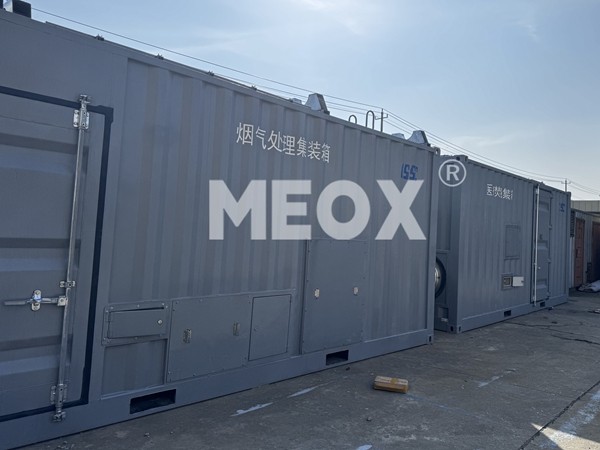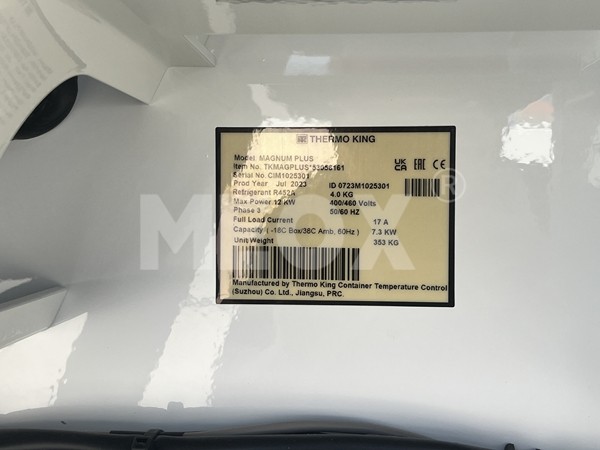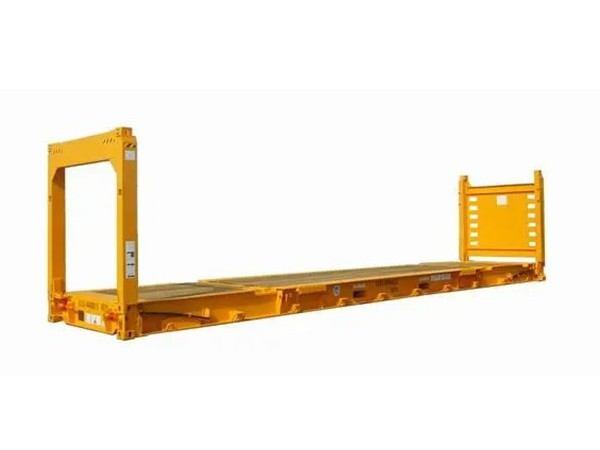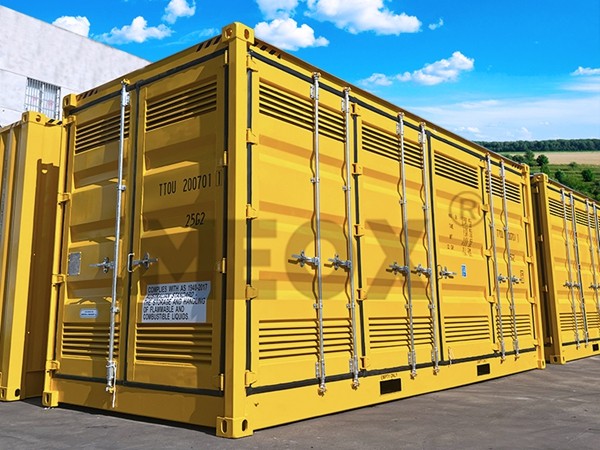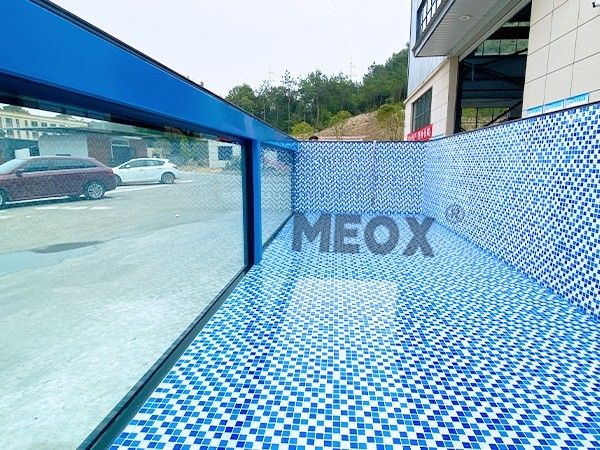In the ever-evolving landscape of modern agriculture, container farming is emerging as a revolutionary solution to many of the industry’s most pressing challenges. Container farming companies are at the forefront of this transformation, offering innovative, sustainable, and efficient means of food production that cater to a host of global needs. These companies are leveraging cutting-edge technology and creative agricultural techniques to provide fresh produce regardless of location or climate, reshaping the way we think about food security and sustainability.
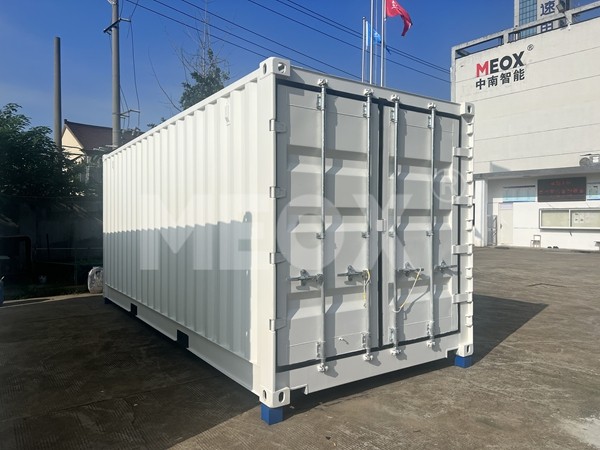
Container farming transforms ordinary shipping containers into controlled environment agriculture systems, where temperature, humidity, light, and other growth factors are meticulously controlled. This approach enables year-round cultivation and optimal growth conditions, significantly reducing the unpredictability associated with traditional farming.
Leading container farming companies distinguish themselves through their adeptness at integrating advanced technology with agriculture. These companies are creating holistic systems that not only enhance yield but also ensure the quality and nutritional value of the produce. By embracing technology such as IoT, AI, and data analytics, these companies continuously monitor and adjust growing conditions to reflect the best practices in horticulture.

FarmBox Foods, for example, utilizes its proprietary vertical hydroponic systems within shipping containers to facilitate the cultivation of a wide variety of crops. Their systems are designed for scalability, allowing for expansion as the demand for food grows. FarmBox’s technology employs root zone optimization, leveraging precise nutrient delivery that aids in faster plant growth and a higher yield compared to traditional farming methods. Moreover, their systems are sustainable, utilizing significantly less water than conventional agriculture and eliminating the need for pesticides.
Freight Farms is another trailblazer in the container farming industry. They have developed the Leafy Green Machine, a modular and scalable vertical farming system that can grow a wide array of leafy greens and herbs. Freight Farms emphasizes ease of use through an intuitive software platform, enabling users to adjust and monitor their farm’s performance remotely. This focus on accessibility is democratizing agriculture, allowing individuals, schools, businesses, and communities to grow fresh produce regardless of their agricultural background.container farming companies
Meanwhile, Urban Crop Solutions offers automated and robotized container farms that focus on efficiency and reduced labor requirements. With their systems, agricultural tasks are automated, and real-time data is used to optimize the growing processes. This results in a decreased margin for human error and an increase in reliability and consistency in production. Urban Crop Solutions’ technology is particularly suited for urban environments where space is limited, providing a feasible way to bring agriculture into city landscapes.
As these companies continue to innovate, container farming is becoming an increasingly viable option for addressing global food security concerns. With climate change threatening traditional farming practices, the agility and adaptability of container farming present a resilient alternative. The closed-loop systems used in container farming drastically reduce water consumption by recycling water through closed-loop hydroponics, and by being independent of arable land, these systems can be established in diverse locations including urban centers, deserts, and even polar regions.
Moreover, container farming contributes to the reduction of the agricultural sector’s carbon footprint. Localizing food production minimizes the need for transportation over long distances, thereby decreasing greenhouse gas emissions. Additionally, the efficiency of container farms reduces the wastage of inputs like water and fertilizers, further contributing to their sustainability credentials.
The authority and trustworthiness of these container farming companies are bolstered by their transparency and commitment to quality. Many of them utilize traceability systems, allowing consumers to track their produce from seed to shelf. This transparency not only enhances consumer trust but also aligns with contemporary demands for accountability in food production.
Container farming companies are rewriting the narrative of agriculture through their commitment to innovation, sustainability, and accessibility. By harnessing advanced technology and designing systems that can thrive in any environment, they are paving the way to a future where fresh, nutritious food is a universal right, not a privilege. As the world continues to grapple with growing food demands amid environmental uncertainties, the expertise and authoritative presence of these companies will likely play a pivotal role in shaping a sustainable agricultural economy.

